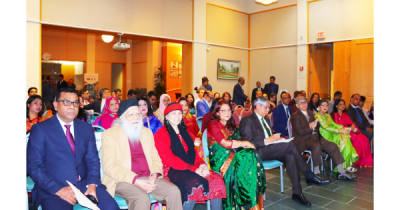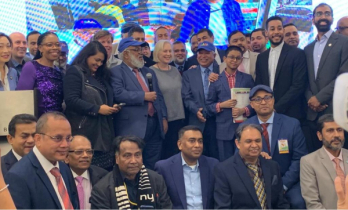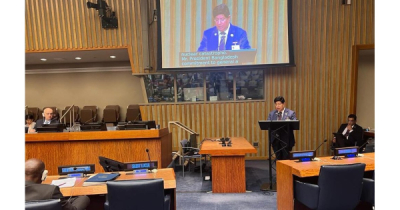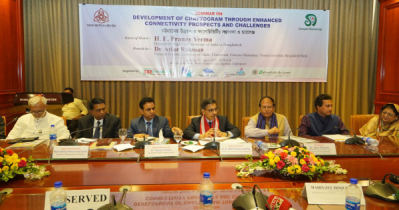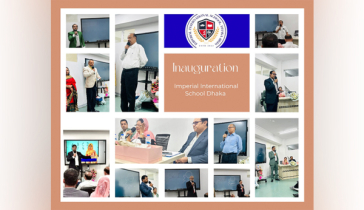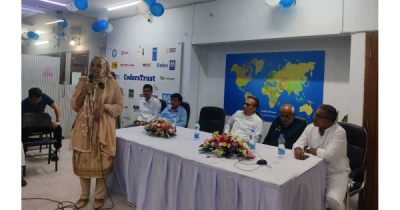218 among 483 zarda-gul factories pay taxes, research reveals
218 among 483 zarda-gul factories pay taxes, research reveals
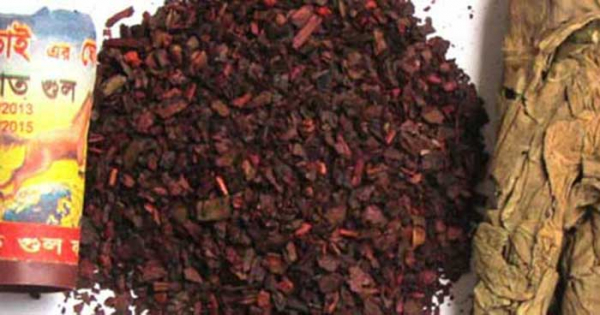 |
A significant number of smokeless tobacco (SLT) manufacturers of Bangladesh have managed to slip away from the government's tax net. With assistance from Campaign for Tobacco Free Kids (CTFK), a study, titled Factors Inhibiting Smokeless Tobacco Tax Payments by Smokeless Tobacco Manufacturers Operating Outside the Tax Net in Bangladesh, has been conducted to find out why and how SLT manufacturers escape the tax net and to also present a set of recommendations to plug such holes in the tax net causing revenue loss. To disseminate the findings of the study with the National Board of Revenue (NBR), a webinar was jointly organized on 5 April (Monday), by a number of anti-tobacco organizations, including National Heart Foundation, Dhaka Ahsania Mission, UBINIG, Voice and PROGGA. The findings of the study were presented by Dr. Nasiruddin Ahmed, the leader of the research team and former Chairman of the National Board of Revenue (NBR). Welcome speech was delivered by Md. Mustafizur Rahman, Lead Policy Advisor of CTFK, Bangladesh and former chairman of Bangladesh Chemical Industries Corporation (BCIC). Discussion session was participated by a wide range of NBR high officials, leaders of the anti- tobacco organizations and experts including CTFK Research Director Maria G. Carmona, CTFK South Asia Programs Director Vandana Shah. Chief Guest of the event Zakia Sultana, NBR Member (VAT Audit and Intelligence) said that, "SLT use should be reined, for the sake of revenues and public health. Reducing SLT use would also reduce health sector expenditure."
The study findings reveal that among the 483 SLT factories (435 zarda and 48 gul factories) of Bangladesh, only 218 pay taxes. The study surveyed on 88 SLT manufacturers (81 zarda and 7 Gul), spanning over 29 districts of the country's 08 administrative divisions, who are out of the tax net and also revealed that 33 percent of them do not even have a valid trade license. 91 percent manufacturers produce SLT products manually. The study also shows that SLT products are manufactured primarily in small unmarked factories or houses The total monthly gross turnover is estimated at Tk.2.7 crore. The study identifies the ‘informal’ nature of SLT production as the main impediment in ensuring tax compliance in this sector. A number of other issues concerning NBR, including lack of trained officials, organizational structure of field offices and the outdated equipment and systems also adds to this problem, the study reports. The absence of a fully digitalized and automated tax return processing system as well as the lack of a secure tracking and tracing system also facilitate tax evasion.
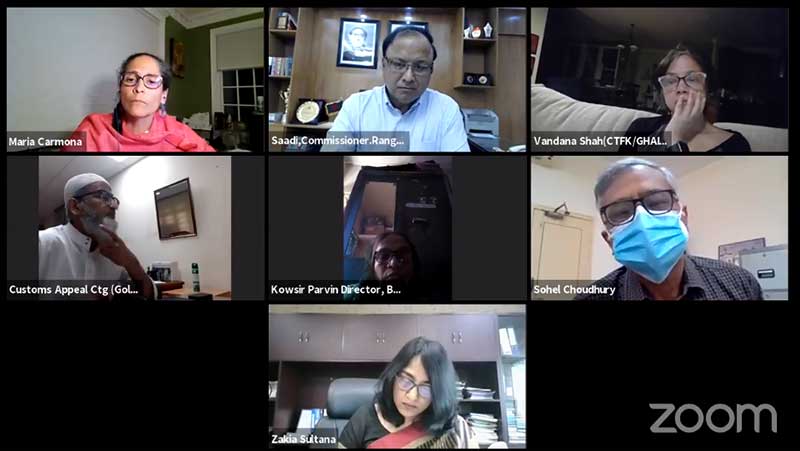
The study recommends that, with a view to safeguarding public health and increasing revenue collection, a reform of the SLT tax structure should be undertaken. Moreover, the price difference between different SLT products should be reduced to curb affordability. The study also pushes for introducing automated tax return processing system, equipping and training NBR personnel, restructuring NBR field formations, introduce a secure tracking and tracing system (TTS) that includes a banderole, authorizing local government institutions to bring SLT manufacturers under local tax nets and not bestowing awards on SLT manufacturers.
It should also be noted that among Bangladeshi adults (15 y/o and above), 20.6 percent (22 million in number) use smokeless tobacco. Among the student of 13-15 years old, the prevalence of SLT use is 4.5 percent. Despite such high prevalence, in the 2019-20 FY, SLT sector contributed BDT 30.6 crore as revenue, only 0.12 percent of total tobacco revenue collected that year. SLTs are severely detrimental to health and responsible for causing Oral, Oropharyngeal and other types of cancers. In Bangladesh, SLT manufacturing and marketing are mostly unsupervised and unregulated. As a result, these products remain quite cheap, available and affordable. Bringing SLT producers under tax net will increase the tax revenues from this sector considerably.

আরও পড়ুন
- Harvard professor to join McWeadon-Faith Bangladesh Webinar on e-learning
- Bangladeshi-American to be first South Asian Lt Commander in NYPD
- Maria Howlader made new Chair of SAFA Women Leadership Committee
- Intl Girls in ICT Day
Virtual roundtable on Accelerating Digital Inclusion for Girls held - JMI brings first Bangladeshi-branded KN95 masks
- C-BED Programme Launched in Bangladesh
- Professor Zahir receives `Most Outstanding Professor’ Award
- Foreign ministry issues 8-pnt statement over Rohingya relocation
- Symphony launches new Smartphone Symphony Z30 Pro
- Vitol’s trades cause LNG prices soaring, BD affected


